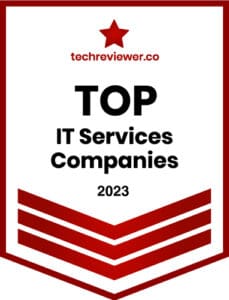The growth phase of any organization is the most exciting time. However, it can be an overwhelming moment if operations are not ready to support evolving demands. If IT infrastructures are not optimized to scale, operations may not meet changing market dynamics.
Organizations are optimizing their IT infrastructure to maximize available capabilities, including automation, cloud, and IT consulting, scaling business capabilities with changing demands. Indeed, a company’s IT infrastructure is gradually becoming an asset worth considering in mergers and acquisitions and M&A processes.
For instance, when acquiring businesses, technology and security become critically underpinning. Organizations are now examining a company’s IT inventory, assets, and security postures as part of acquisition processes. Upscaling your tech efforts means positioning yourself for success, especially pertaining to vertical and horizontal integrations, mergers, and acquisitions.
Infrastructure Optimization
But what’s infrastructure optimization? When we talk about optimizing your infrastructure, we mean reducing your cyber liabilities and improving your business efficiency, agility and scalability.
For time immemorial, managing IT infrastructure has been confined to ensuring optimal use of networks, storage, and computing. Ensuring minimum business disruptions and continuity of operations has been the focus ever since.
However, today, keeping things optimum is becoming the bare minimum. The management standard has shifted to a new frontier that is optimizing (or making maximum use) of existing infrastructure and resources.
Little Rock companies are optimizing IT to ensure maximum productivity with reduced costs. IT infrastructure is gradually becoming a strategic asset for propelling business growth and sustainability. So, looking at the Little Rock area, we can see the massive upscaling of IT infrastructures as organizations seek to optimize IT resources.
Benefits of Optimizing Your Infrastructure
Maximizing revenues
Little Rock companies are optimizing their infrastructures to cut costs and maximize revenues. An optimized IT infrastructure eliminates silos, allowing operations to run smoothly. Moving your workload to the cloud has multiple benefits, including better data management, smoother operations, and interoperability of ERP applications. Optimizing your IT infrastructure is a great way of protecting your brand by providing quality products and services.
Scalability
Optimizing your IT leads to business scalability and agility. Deploying cloud infrastructure, for instance, saves you the cost of purchasing hardware and configuring servers. In addition, it saves you the cost of upgrading your equipment or servers anytime you want to expand your business operations. The cloud infrastructure allows organizations to scale operations vertically and horizontally with minimal, if any, impacts on your business operations. Little Rock companies are leveraging their IT infrastructure to meet changing business needs, including new computing requirements.
Security
The interoperability of networks, the ubiquity of information, and IoT infiltration threaten consumer wellbeing. Individuals are more concerned about the security of their information and the integrity of organizations.
Following this pressing concern, authorities have already created a protected health information policy under the Health Information Protection and Accountability HIPAA Act. This policy ensures that organizations and institutions responsible for consumer information protect it from unauthorized access or compromise.
Failure to protect consumer information may lead to tragic consequences, including jail terms, termination of employment for personnel tasked with protection, and closures. Thus, organizations, specifically in compliance industries like Healthcare across the Little Rock area are optimizing their IT infrastructure for security purposes.
Productivity
Cloud computing solutions alongside cybersecurity capabilities have created a safe environment. Reinforcing digital developments and creating a safer ecosystem is a potent cocktail for business innovation and productivity. So, organizations in the Little Rock area are optimizing their IT infrastructure to meet productivity gains and innovation demands.
Cloud computing is being used to offset workloads, cybersecurity creates a safe environment for innovation, and managed services are being applied to meet compliance requirements. In addition, organizations are optimizing their IT by working with trusted providers to identify ways to upscale their operations and meet productivity targets.
Infrastructure Optimization in Little Rock
Companies in Little Rock leverage optimization to prevent under or over-investment in IT infrastructure. In addition, they are optimizing their IT to maximize cost management.
Organizations are optimizing their IT infrastructures in the following ways:
On-premise infrastructure
Little Rock is a technology hub supporting organizations and enterprises in IT: retail, insurance, banking, tech support, and healthcare services. Optimizing on-premise infrastructure means reducing the number of machines and computers on your shop floor.
For instance, you may reduce the number of computers from fifty to thirty and save 40% in cost. However, always consider how this reduction will affect your downtime. You must ensure that when downscaling your on-premise infrastructure, you still have enough power to meet peak demands without stalling or slowing.
Cloud infrastructure
Cloud infrastructure allows you to leverage regular audits and identify which applications or services use the most computing resources. After gaining visibility, you can optimize high-profile functions by assigning optimal resources.
Cloud allows you to reduce resource usage, helping you maximize the functionality of your services or applications. In addition, you can optimize the most expensive and high-profile operations so that they run at specified times while others run 24/7.
The cloud infrastructure allows organizations to leverage the usage-based pricing, maximizing their usage and paying for what they use. In addition, cloud infrastructure provides scalability and agility; businesses can step up their cloud storage and networks with increasing operating demands.
Hybrid management
Hybrid management allows organizations to migrate their data from on-premise storage to the cloud. Organizations can relocate dynamic workflows and workloads to a public cloud, which is cheaper than maintaining private or on-premise cloud platforms.
Hybrid cloud management offers the following benefits:
- Better management of remote workforces
- Improved control and scalability
- Lower operational and maintenance costs
- Reduced cyberattacks and improved business continuity
- Increased agility and innovation
- Improved risk management and security
- Reduced need to manage different vendors
- Reduced hardware and software costs
Hybrid cloud management provides workflow improvements, improving efficiency and productivity in remote and on-premise workforces.
Edafio Technology Partners provides managed services throughout Arkansas and the surrounding states. As seasoned experts, we span services in cloud computing, cybersecurity, IT consulting, healthcare optimization and managed working with small and large brands alongside start-ups and thriving corporate brands. Our mission is to help businesses integrate IT with the changing consumer and market needs in preparation for digital transformation.
Contact Edafio and know how you can optimize your infrastructure.








